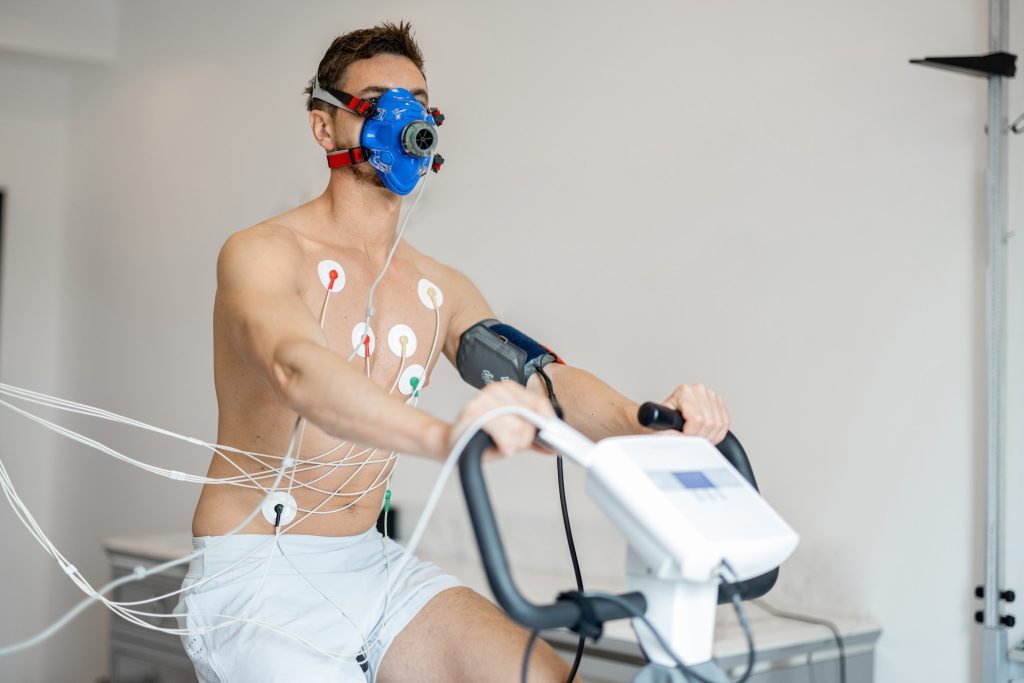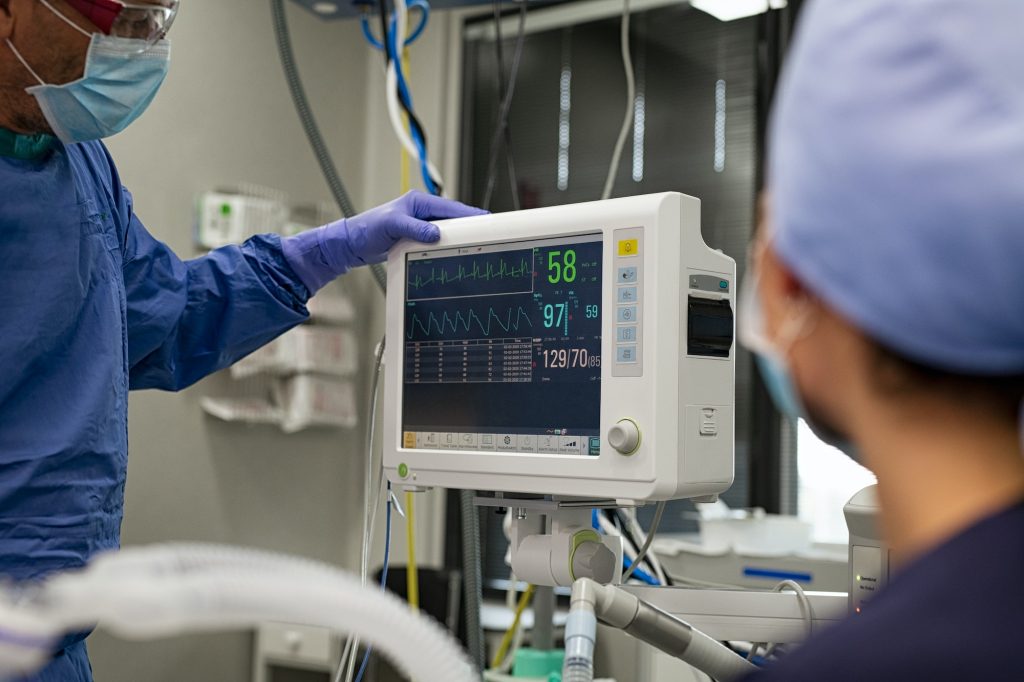
The American Heart Association (AHA) is a non-profit organization that has been dedicated to promoting cardiovascular health and preventing heart disease for over 90 years. One of the ways in which they achieve this goal is by offering a variety of courses designed to educate individuals on how to respond to cardiac emergencies.
The AHA offers several courses, including Basic Life Support (BLS), Advanced Cardiovascular Life Support (ACLS), Paediatric Advanced Life Support (PALS), and Heart saver First Aid CPR AED. These courses are designed for healthcare professionals, first responders, and laypeople who want to learn how to respond in an emergency situation.
The BLS course teaches participants how to perform cardiopulmonary resuscitation (CPR) on adults, children, and infants. It also covers how to use an automated external defibrillator (AED) and how to relieve choking in a conscious or unconscious person. This course is ideal for healthcare professionals such as nurses, doctors, and paramedics.
The ACLS course builds on the knowledge gained in the BLS course and teaches participants advanced techniques for managing cardiac arrest, stroke, and other life-threatening emergencies. This course is intended for healthcare professionals who work in critical care settings such as emergency departments or intensive care units.
The PALS course focuses on paediatrics emergencies such as respiratory distress or cardiac arrest in children. It covers topics such as airway management, pharmacology, and team dynamics during paediatric resuscitation scenarios. This course is intended for healthcare professionals who work with children such as paediatricians or emergency department staff.
Finally, the Heart saver First Aid CPR AED course teaches laypeople basic life-saving skills such as CPR and AED use along with first aid techniques like treating wounds or burns. This course is ideal for anyone who wants to be prepared for an emergency situation at home or work.
In conclusion, the American Heart Association courses provide valuable education that can save lives in emergency situations. Whether you are a healthcare professional or a concerned citizen, these courses can equip you with the knowledge and skills necessary to respond effectively in a cardiac emergency. By taking an AHA course, you can help promote cardiovascular health and prevent heart disease in your community.

